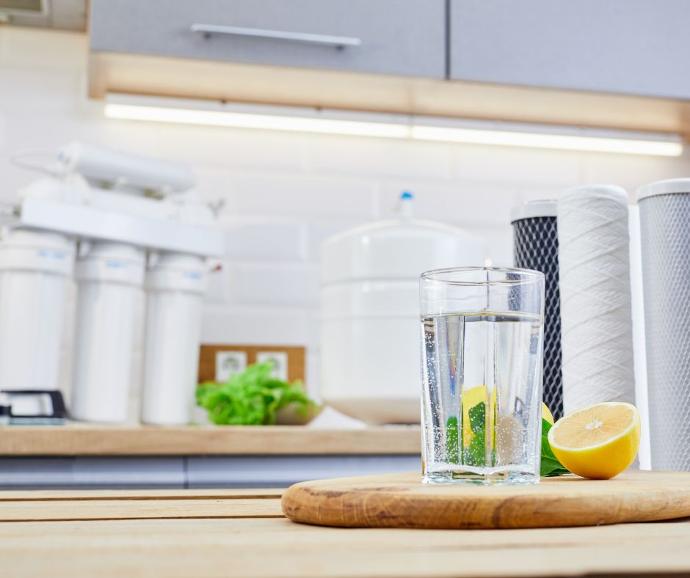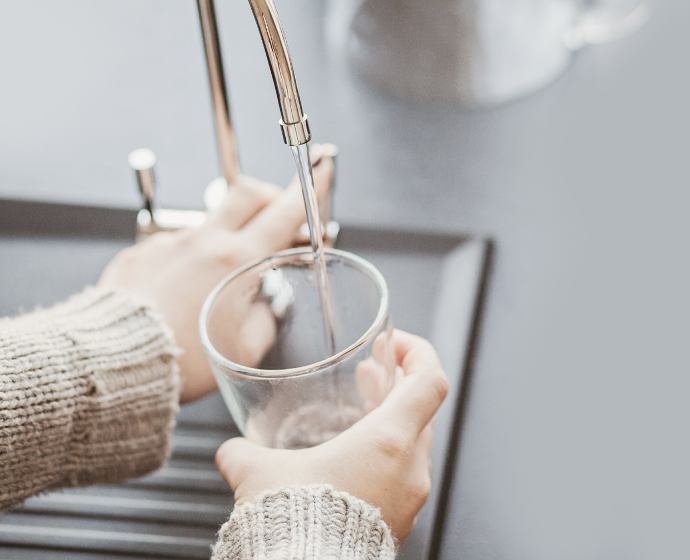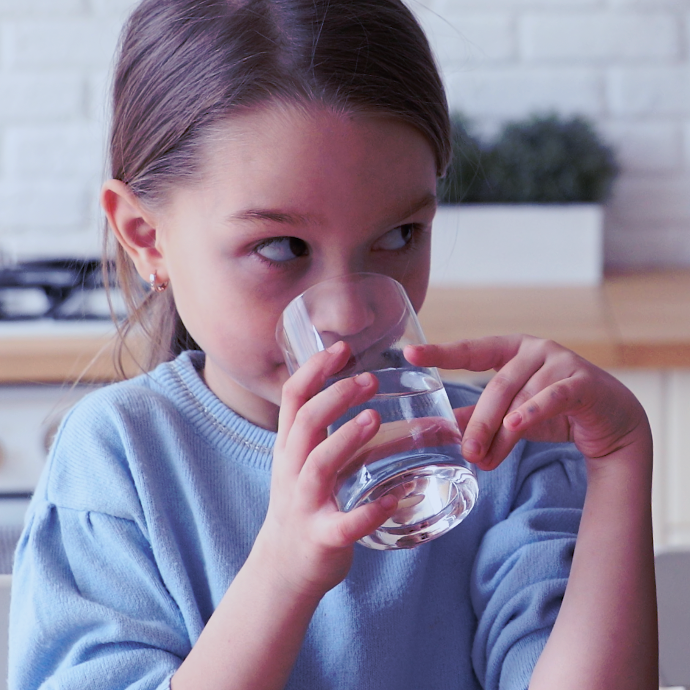Reverse osmosis (RO) water has gained both popularity and skepticism in recent years, with some questioning its impact on hydration. In this comprehensive guide, we delve into the facts surrounding RO water and its effects on hydration.
Water makes up approximately 60 percent of the human body. Your blood is 93 percent water and your muscles are about 75 percent water. Optimal water intake is an essential for human survival.


Understanding Reverse Osmosis Water
Reverse osmosis (RO) water has gained both popularity and skepticism in recent years, with some questioning its impact on hydration. In this comprehensive guide, we delve into the facts surrounding RO water and its effects on hydration.
The Dehydration Dilemma
One common concern is whether drinking RO water can lead to dehydration. While RO water itself doesn't directly dehydrate you, its lack of minerals and electrolytes may leave you feeling thirsty after consumption. This phenomenon occurs because the body requires a balance of electrolytes to retain water effectively.
The Impact on Hydration
When you drink RO water, you're essentially consuming pure H2O devoid of essential minerals like calcium and magnesium. While this purified water is safe to drink, its lack of electrolytes may not provide the same level of hydration as mineral-rich water.

Tips for Optimal Hydration
To maintain optimal hydration levels, it's essential to incorporate a few key strategies into your daily routine:
Monitor Your Water Intake: Aim to drink half your body weight (in ounces) of water each day to stay adequately hydrated.
Sip Slowly: Avoid guzzling water and instead sip it slowly throughout the day to allow your cells to absorb it effectively.
Consider Room Temperature: Opt for room-temperature water over cold or iced water, which can be easier on your digestive system.
Invest in RO Filtration: Consider investing in a reverse osmosis (RO) unit to enjoy pure, contaminant-free drinking water at home.

The Bottom Line
While reverse osmosis water may not directly dehydrate you, its lack of minerals and electrolytes could impact your overall hydration levels. By understanding the benefits and limitations of RO water, you can make informed decisions about your hydration habits and ensure optimal health and well-being. Remember to prioritize balanced hydration and consider incorporating mineral-rich water sources into your routine for enhanced hydration benefits.
Can reverse osmosis water dehydrate you?